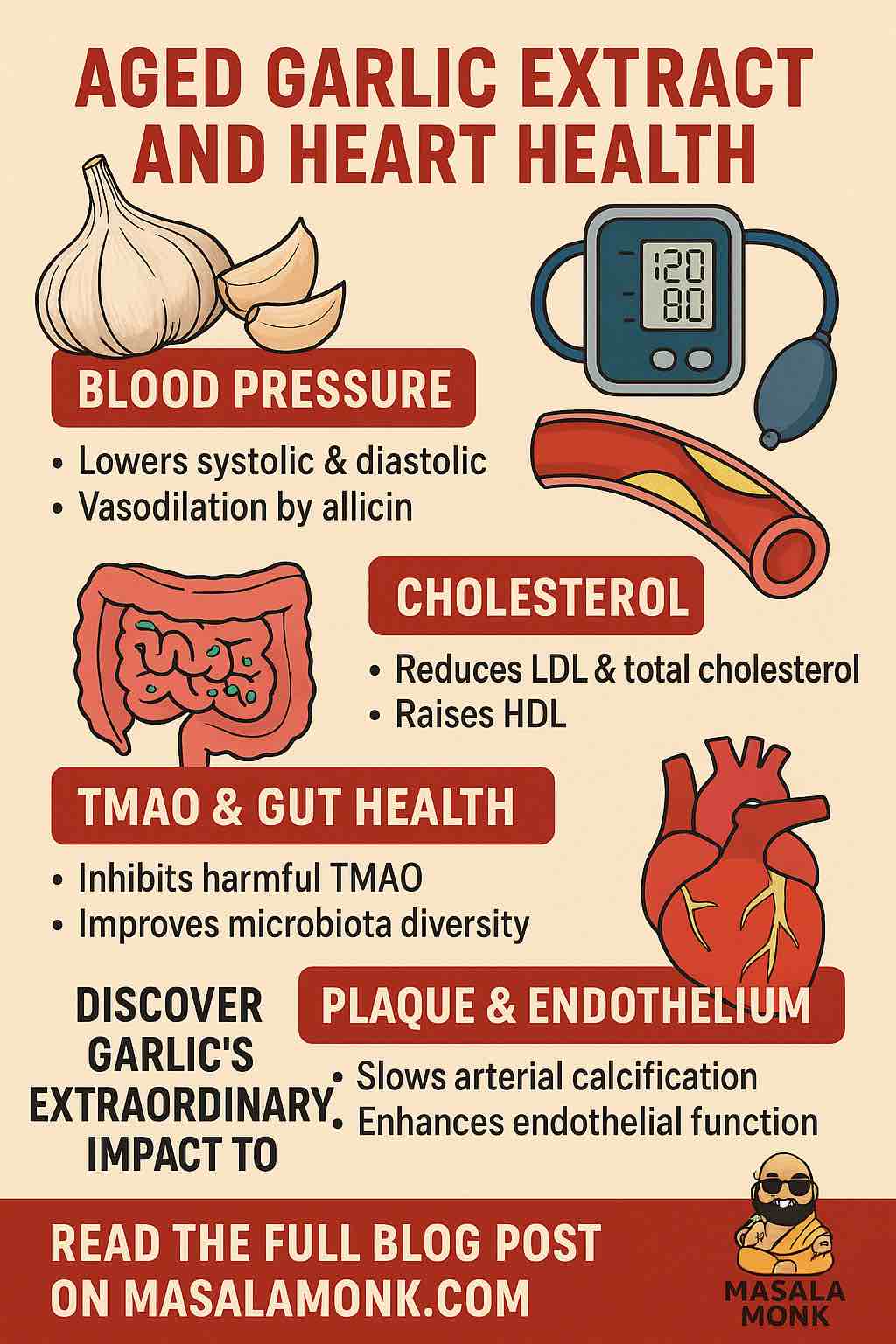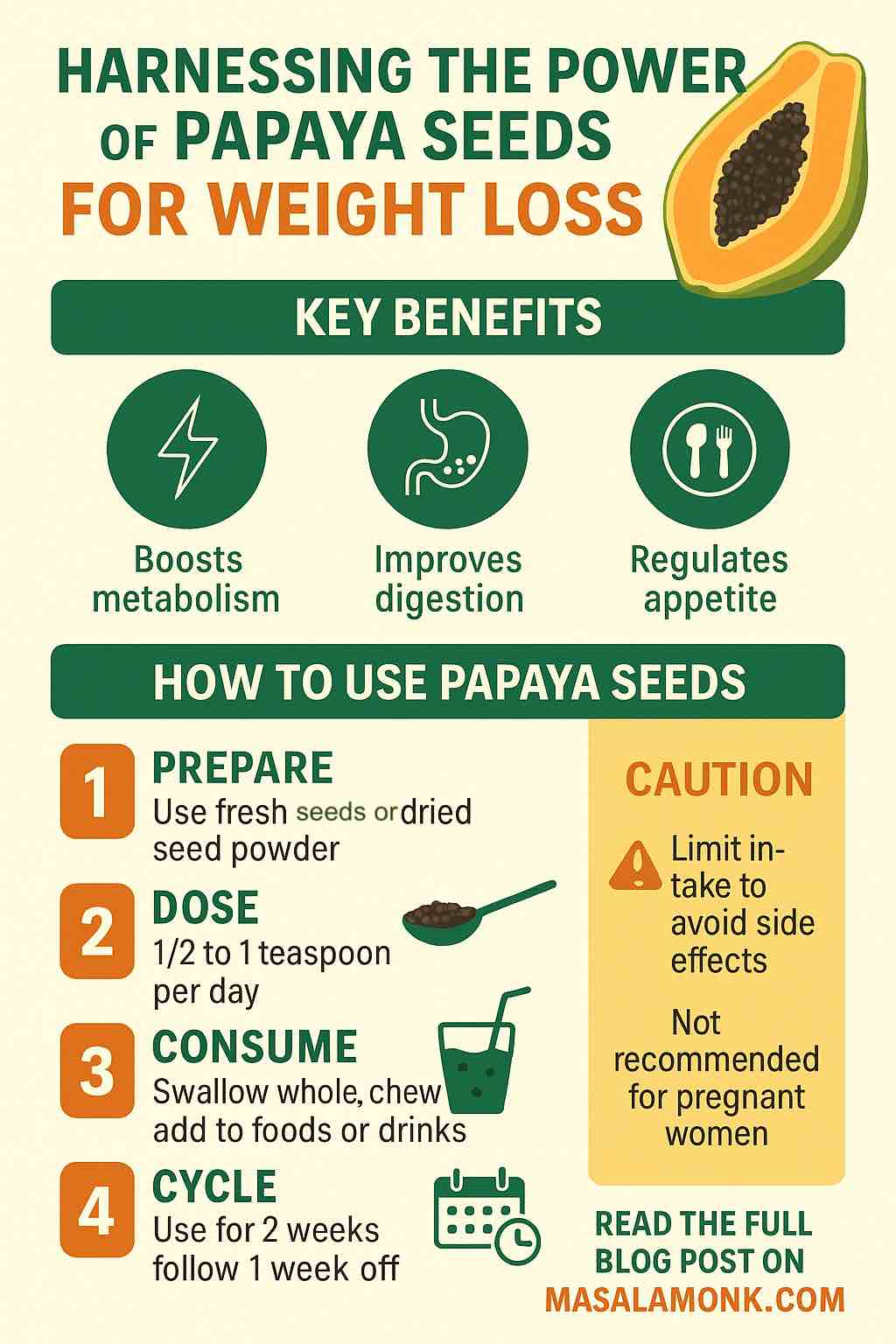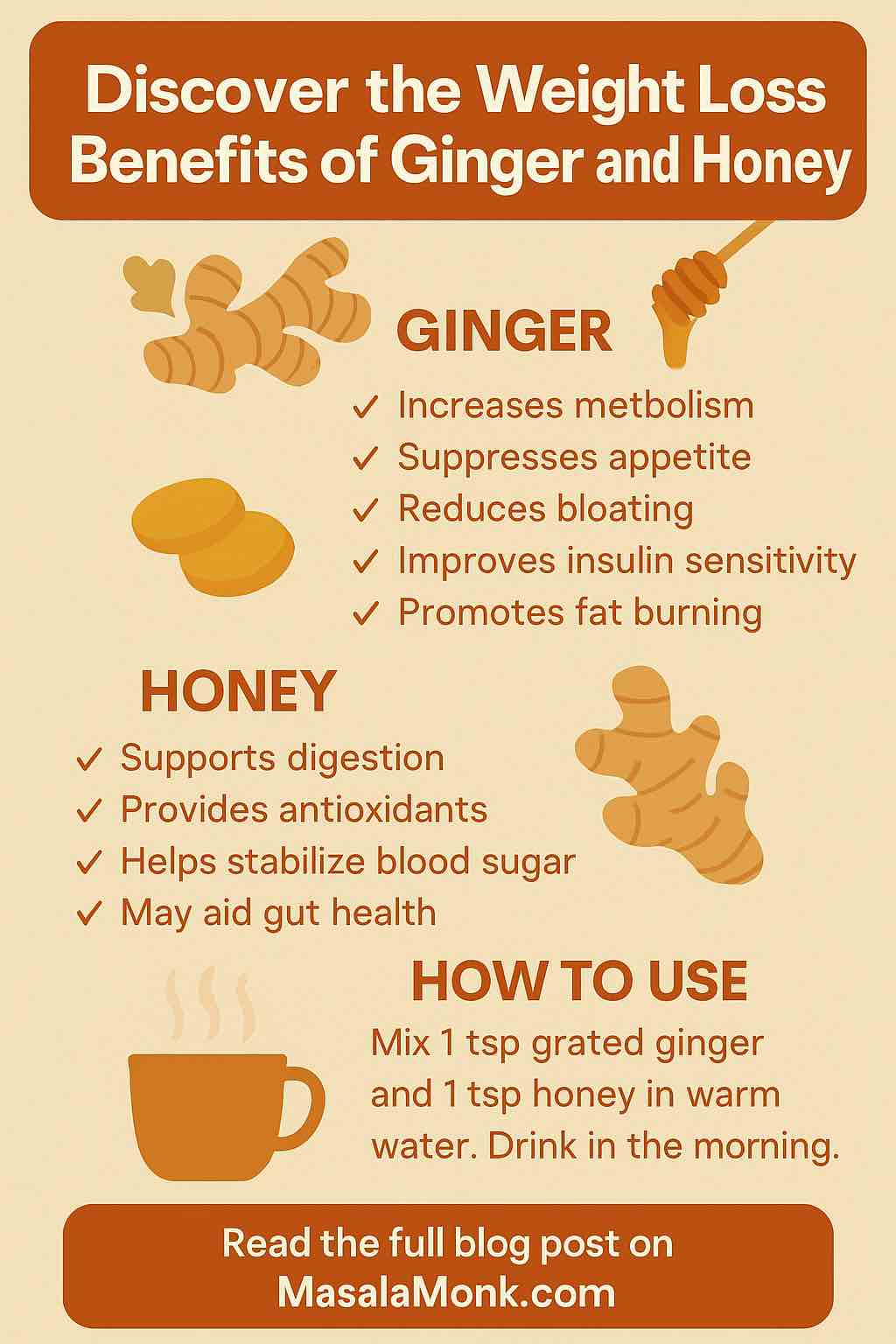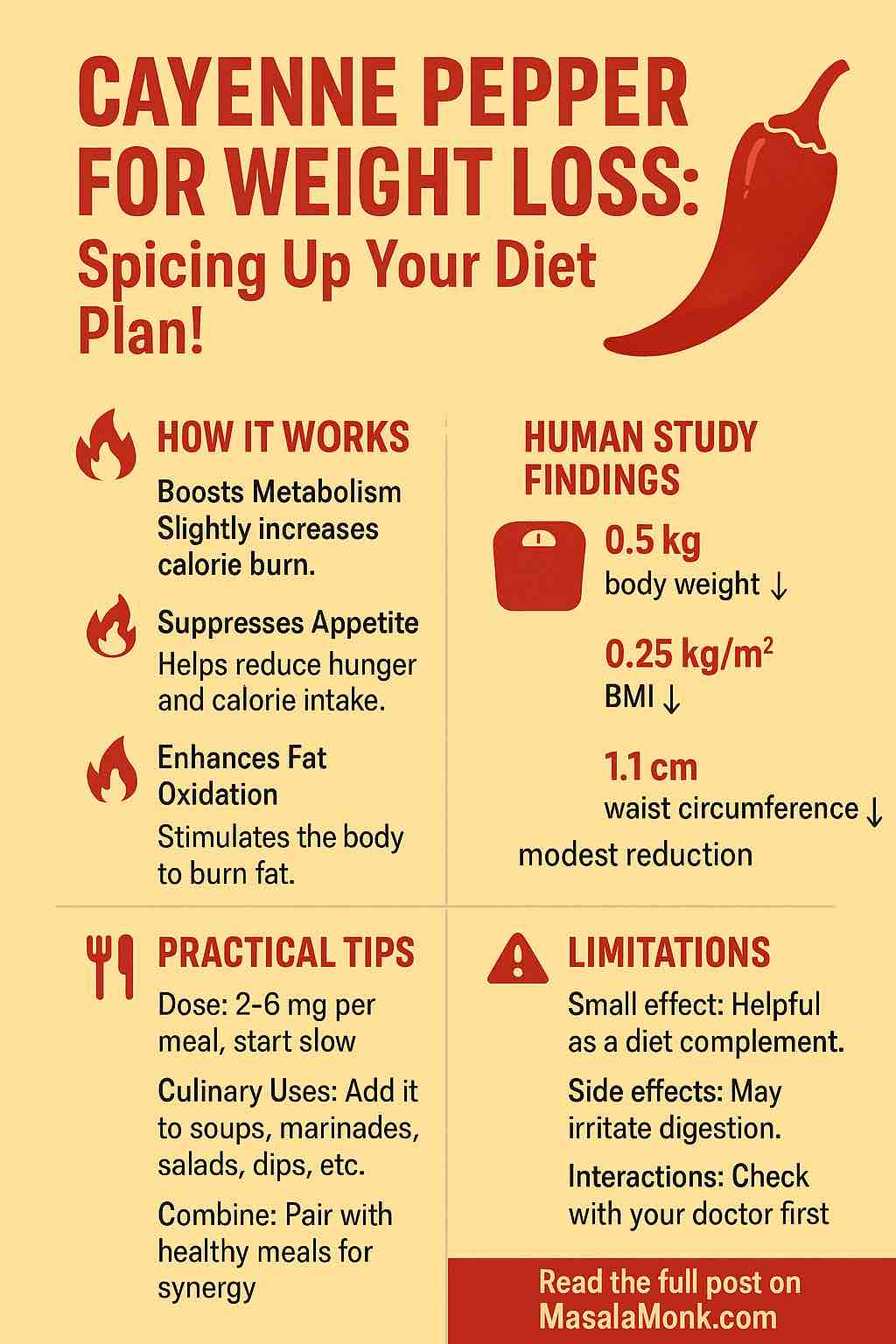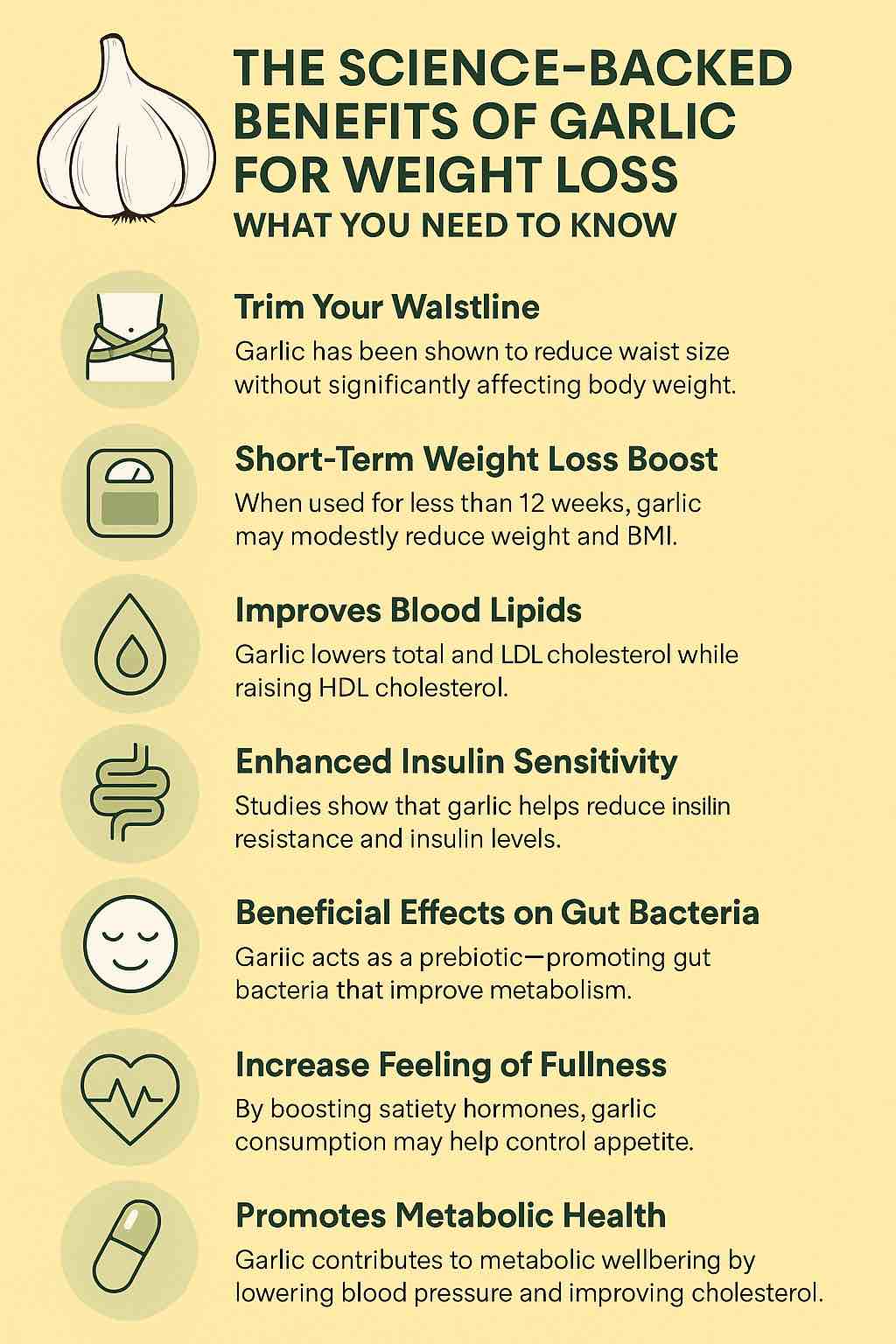
Garlic has been a staple in kitchens and traditional medicine cabinets for centuries. From warding off colds to enhancing the flavor of your favorite dishes, this pungent bulb has proven its versatility. But did you know that garlic might also help you lose weight? Let’s dig into the science-backed benefits of garlic for weight loss and explore how you can practically integrate it into your health journey.
1. Garlic and Waist Circumference: A Targeted Effect
Recent meta-analyses of randomized controlled trials (RCTs) have consistently shown that garlic supplementation can help reduce waist circumference by approximately 1.1 cm, even when body weight and BMI remain largely unchanged. Why is this important? Because visceral fat—the fat stored around your organs—is one of the most dangerous kinds, linked to metabolic diseases like diabetes and cardiovascular issues.
Takeaway: Garlic may be particularly effective in reducing belly fat, which is more metabolically harmful than subcutaneous fat.
2. Garlic and Short-Term BMI Reduction
While long-term weight loss results are mixed, some studies indicate that garlic supplements taken for less than 12 weeks can lead to modest but meaningful reductions in Body Mass Index (BMI). One subgroup analysis showed an average drop of 0.58 kg/m² over a short duration.
Practical Tip: Try incorporating garlic extract into a focused 8–12-week health regimen, especially if you’re already following a calorie-controlled diet.
3. Garlic Enhances Insulin Sensitivity
Insulin resistance is a major barrier to weight loss for many people. One clinical trial involving obese women showed that daily garlic supplementation (800 mg/day) along with a low-calorie diet significantly reduced insulin levels and improved HOMA-IR (a measure of insulin resistance). This suggests that garlic could support more efficient fat metabolism.
What You Can Do: If you’re dealing with insulin resistance or pre-diabetes, garlic might be a natural ally when combined with medical guidance and a balanced diet.
4. Garlic Modulates the Gut Microbiome
Garlic functions as a prebiotic, encouraging the growth of beneficial gut bacteria like Bifidobacterium and Faecalibacterium. These microbes are associated with better digestion, reduced inflammation, and improved metabolism. The same trial that observed improvements in insulin sensitivity also reported these gut flora shifts.
Try This: Combine garlic with other gut-friendly foods like yogurt, kefir, and high-fiber vegetables to maximize its microbiome-boosting effects.
5. Appetite Control Through Hormonal Pathways
Garlic may influence hunger and satiety by stimulating the production of hormones like GLP-1 and PYY, which are known to reduce appetite. This effect is thought to be mediated by the short-chain fatty acids (SCFAs) produced when gut bacteria ferment garlic.
How to Use This: Add garlic to meals that are protein- and fiber-rich to amplify satiety signals and curb overeating.
6. Improvements in Lipid Profile and Cardiovascular Health
Garlic has been shown to reduce total cholesterol, LDL cholesterol, and triglycerides while increasing HDL cholesterol. These improvements not only enhance overall health but also support weight loss by optimizing metabolic function.
Bonus Benefit: Cardiovascular health and weight loss often go hand-in-hand. Garlic supports both.
7. Short-Term vs. Long-Term Effects
While many of garlic’s benefits show up within 8 to 12 weeks, longer use contributes to sustained metabolic improvements. Raw garlic and aged garlic extract seem to have the most potent effects, particularly when allicin—the key active compound—is preserved.
Best Practice: For short bursts, use garlic extract supplements. For long-term support, integrate raw or aged garlic into your meals consistently.
Practical Garlic Consumption Tips
- Supplement form: 800–1,200 mg/day of garlic extract with standardized allicin content is commonly used in studies.
- Raw garlic: One clove a day, crushed and allowed to sit for 10 minutes to activate allicin.
- Cooking tip: Add garlic near the end of cooking to preserve its active compounds.
- Combination strategy: Garlic works best when paired with a healthy diet, exercise, and potentially probiotics.
Final Thoughts
Garlic is no miracle cure, but it can be a powerful adjunct in your weight loss and wellness strategy. From reducing belly fat and enhancing insulin sensitivity to curbing appetite and improving your gut microbiome, the science increasingly supports its multifaceted benefits.
If you’re considering adding garlic supplements to your routine, consult your healthcare provider, especially if you’re on medications for blood pressure or diabetes.
Start small. Stay consistent. Let food (and garlic) be your medicine.
🎯 Summary Table – Key Effects
| Benefit | Evidence Strength | Mechanism/Notes |
|---|---|---|
| Waist circumference ↓ (~1 cm) | Meta-analysis (13 RCTs) | Fat metabolism shifts |
| BMI ↓ (short-term) | Subgroup meta-analysis (<12 weeks) | Short-term fat and satiety responses |
| Insulin sensitivity ↑ | 2022 RCT (HOMA‑IR improved) | Microbiota modulation + hormonal pathways |
| Glucose & HbA1c ↓ | 2024 meta-analysis (22 RCTs) | Metabolic regulation |
| Cholesterol (TC/LDL ↓, HDL ↑) | 2024 meta-analysis | Cardiometabolic improvements |
| PYY & GLP‑1↑ (satiety hormones) | Supported by SCFA studies, probiotics link | Appetite control via gut–brain signaling |
FAQs
1. How much garlic should I consume daily for weight loss?
Most studies use 800–1,200 mg/day of garlic extract standardized for allicin content. If using raw garlic, 1 clove per day (crushed and rested for 10 minutes before consumption) is a practical guideline.
2. Can I use cooked garlic for weight loss benefits?
Yes, but cooking garlic destroys allicin, the active compound. To preserve benefits, add crushed garlic toward the end of cooking or use raw garlic in dressings, dips, or spreads.
3. How long does it take to see results with garlic?
Many effects—especially on waist circumference, insulin sensitivity, and cholesterol—emerge within 8–12 weeks. Consistent use over longer periods supports broader metabolic health.
4. Is garlic effective on its own for weight loss?
No. Garlic offers supportive benefits, but weight loss requires a calorie deficit, physical activity, and good sleep. Garlic enhances results when combined with a healthy lifestyle.
5. Are garlic supplements better than raw garlic?
Supplements can offer standardized allicin levels and convenience, especially for therapeutic doses. Raw garlic is still effective and offers additional antioxidants—but dosage consistency is harder to control.
6. Can garlic help with bloating or digestion?
Yes. Garlic acts as a prebiotic, promoting beneficial gut bacteria like Bifidobacterium, which can improve digestion, reduce bloating, and support metabolism.
7. Are there any side effects of garlic supplements?
Potential side effects include bad breath, body odor, digestive upset, and in some cases, interaction with blood thinners or diabetic medication. Always consult your healthcare provider.
8. What’s the best time to take garlic for weight loss?
There’s no strict “best” time, but taking garlic with meals may help reduce post-meal insulin spikes and support satiety. Some prefer it in the morning for better breath control during the day.
9. Can garlic help with cravings or appetite?
Yes. Garlic may increase satiety hormones like GLP-1 and PYY, helping to curb hunger naturally. This effect is linked to garlic’s interaction with the gut microbiome and short-chain fatty acids.
10. Should I take garlic during intermittent fasting?
Yes, if tolerated. Garlic can be taken before or after meals in your eating window. Some choose to take it with warm lemon water to boost digestive enzyme activity post-fast.

